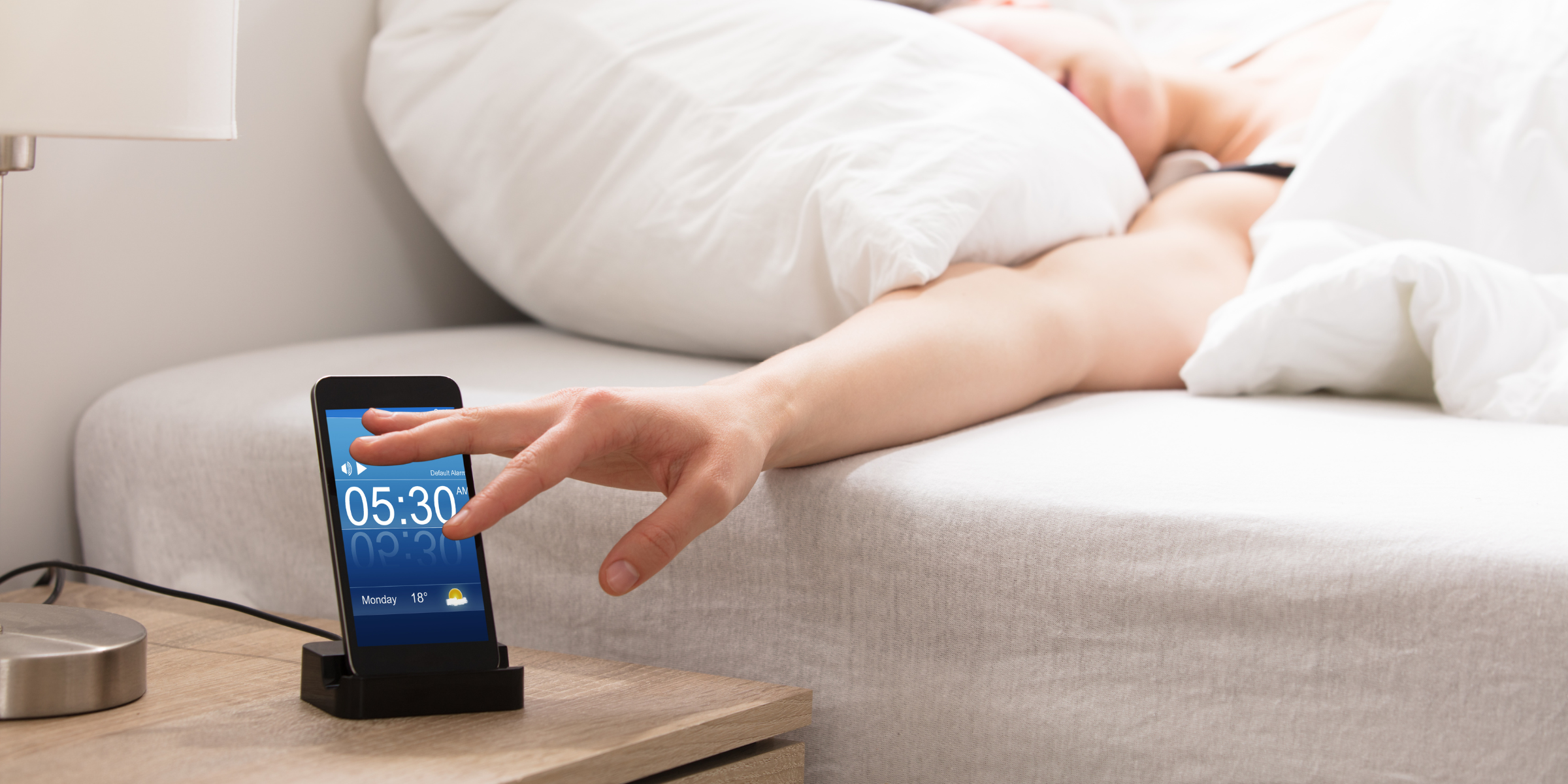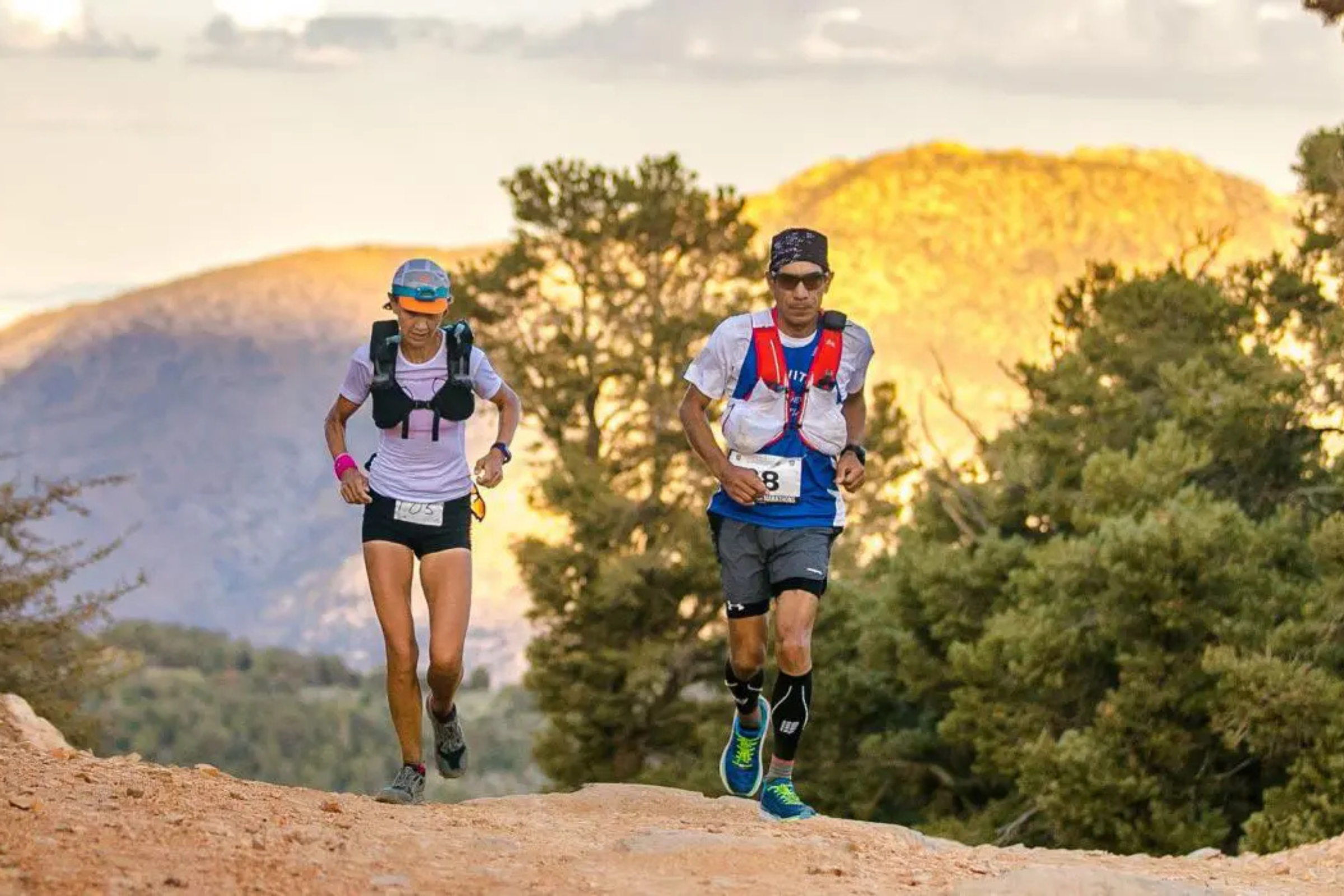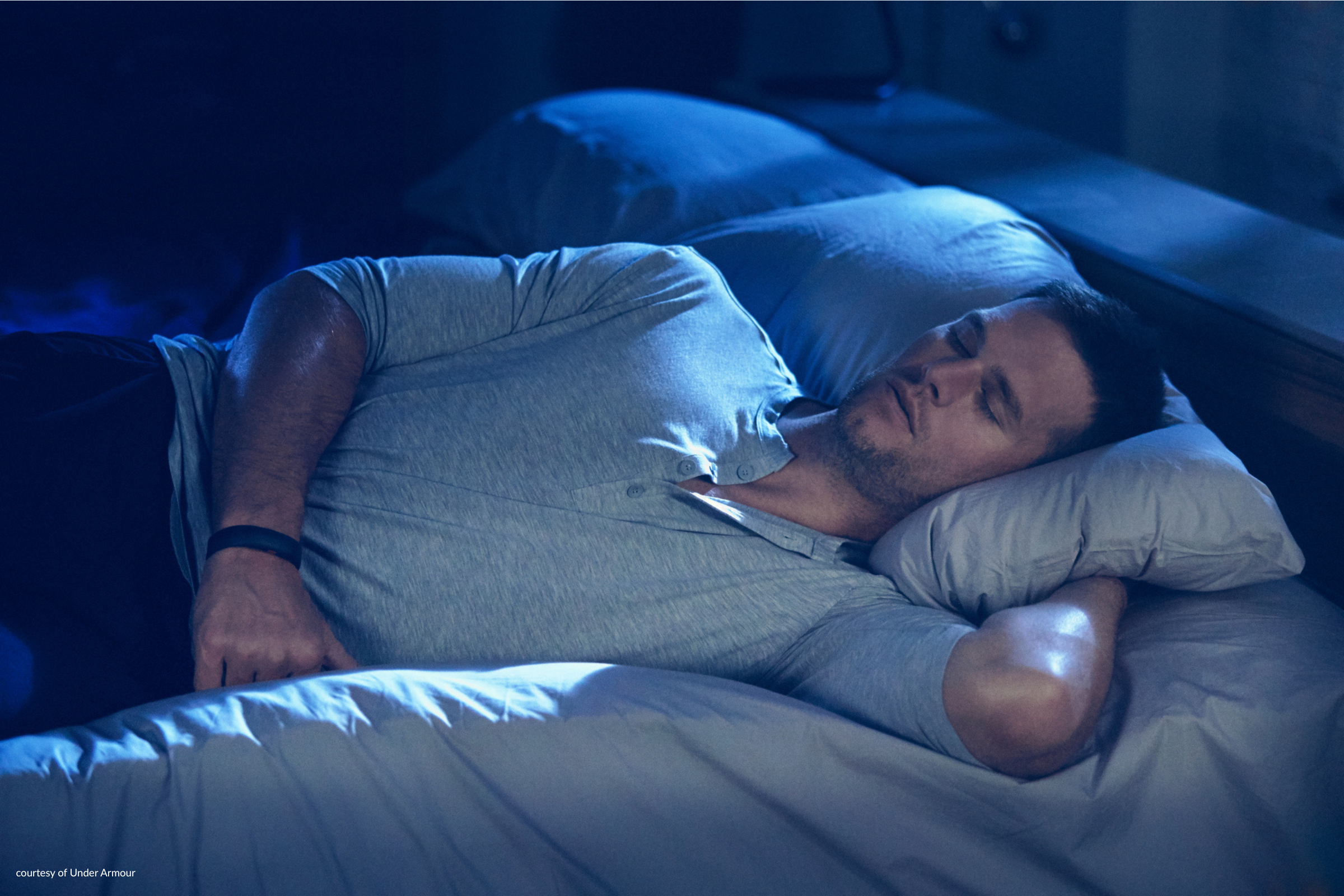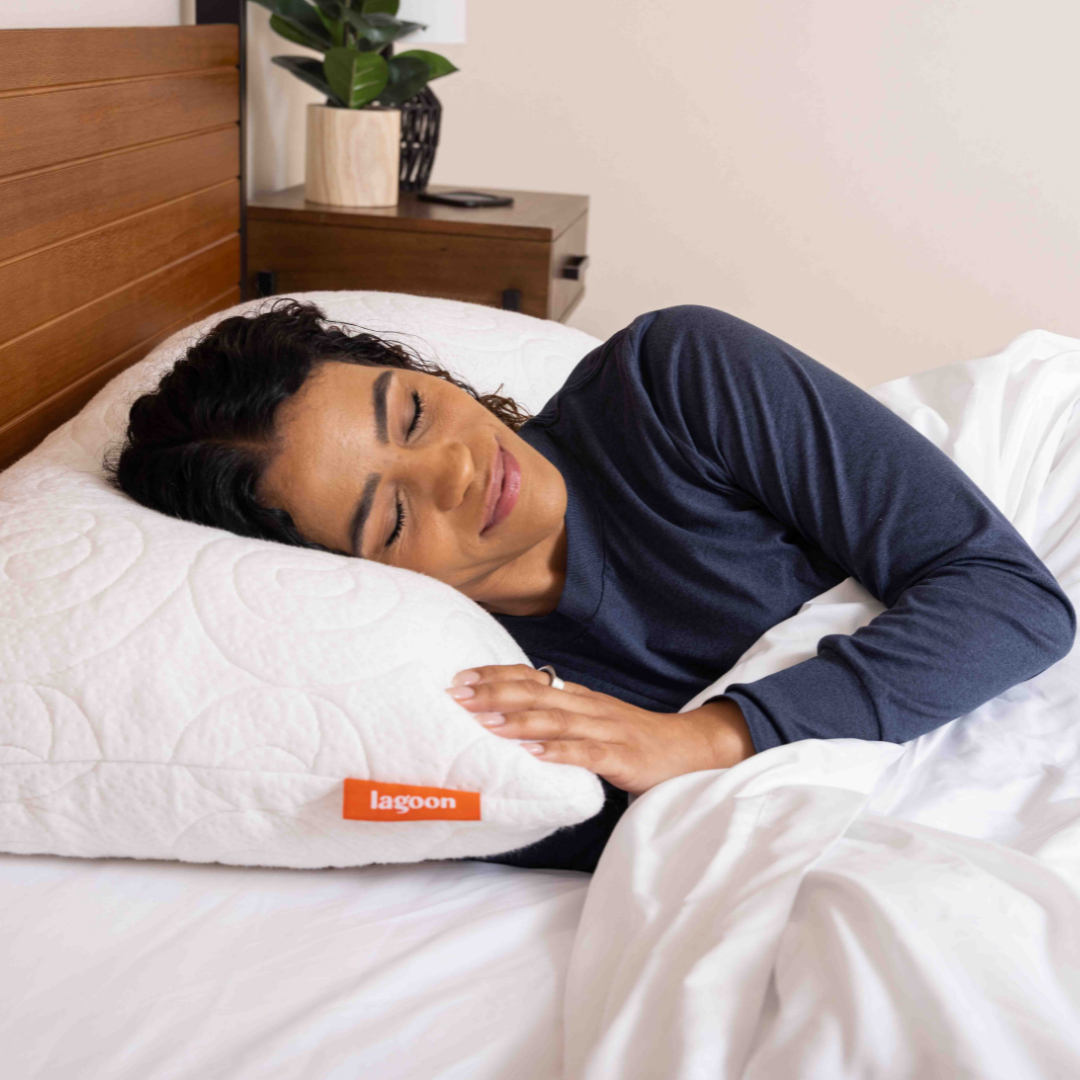Hey pack members 👋
What’s it like sleeping in outer space? Should you wake up at 5 am or 7 am for your morning workouts? There’s plenty of exciting topics to cover in this week’s round up of sleep + fitness news, so let’s get into it…
👨🚀 A good night’s sleep in orbit
Astronauts on the Space Station do a full circle of Earth every 90 minutes and experience 16 sunsets and sunrises every day. With this unearthly routine, astronauts can struggle to find a natural daily rhythm in space. During the Huginn mission, which began on August 26th, astronaut Andreas Mogensen will conduct two key experiments related to sleep in space: "Circadian Light" and "Sleep in Orbit." To aid astronauts in maintaining a regular sleep schedule, the Circadian Light experiment was introduced. Developed by SAGA Space Architects, it involves a lamp that adjusts its color to support the astronaut's circadian rhythm — glowing red in the evening and blue in the morning. Furthermore, to better understand sleep quality in space, researchers from Aarhus University designed a small in-ear device that Andreas will wear to measure the electroencephalogram (EEG) of his brain while he sleeps. Both of these experiments will run simultaneously, and should provide interesting and comprehensive insights into sleep in the unique environment of space.
⏰ 'I switched from 5am to 7am workouts, and I wish I'd done it sooner'
Women’s Health took a deeper look at the differences between waking up at 5am for a workout vs 7am. This was spurred on by a fitness influencer Becca Watson who has been a 7am’er but thought she’d give 5am a try for a week. While many fitness enthusiasts swear by the 5am regimen, Becca found several advantages in delaying her routine... At 7am, her body felt more prepared for exercise, reducing the risk of injury. She could eat a banana prior, providing her with more energy. At the later wake-up time, Becca no longer dreaded her morning workouts and maintained consistent energy levels throughout the day. The later start time also allowed her to feel safer for outdoor jogs. Finally, she benefited from added sleep and avoided potential burnout from the strict early schedule. The one draw back - Becca admitted she did occasionally feel rushed during particularly busy mornings. What’s the latest you’re able to get your workouts in each morning without feeling overly rushed?
🌡️ Why Turning Up the Thermostat Could Boost Zzz’s for Seniors
A new study challenges the long-standing belief about ideal bedroom temperatures for sleep. While the National Sleep Foundation recommends a cool bedroom, between 60 to 67 degrees, for optimal sleep, recent research suggests that older adults might benefit from warmer settings, ideally between 68 and 77 degrees. This study analyzed sleep data from 50 seniors for a year, and observed that people aged 65 and above only began to experience reduced sleep efficiency when temperatures surpassed 77 degrees. This change is likely attributed to the reduced capability of older individuals to regulate their internal body temperature. Dr. Carol Ash, a sleep expert, notes that as maintaining warmth becomes more challenging with age, a slightly warmer bedroom might promote better sleep in those above 50. Inadequate sleep can elevate the risk of health conditions like cardiovascular disease, diabetes, and cognitive decline. For younger adults, SleepFoundation.org suggests that around 65 degrees is the best sleep temperature, but personal preferences do vary.
💤 A Deep Dive Into What Types of Magnesium Unlock Optimal Sleep
Magnesium is an essential mineral involved in several bodily functions, including blood pressure regulation, muscle activity, mood control, and what we’re most interested in - improving sleep quality. Different types of magnesium offer various benefits, such as Magnesium Citrate for relaxation and sleep and Magnesium Glycinate for anxiety and stress relief. In general, Magnesium's main sleep benefit is its muscle relaxant properties, which also reduce anxiety and stress by activating the parasympathetic nervous system. While dosages vary, typically 200-400mg daily is recommended. Even though magnesium can help with sleep, excessive intake can cause laxative effects, so choosing the right type and dosage is important. I prefer magnesium in comparison to melatonin, a hormone, because it offers a natural solution for those seeking better sleep quality.
🦉 Night Owls Rejoice: Evening Exercise Won't Necessarily Steal Your Sleep
Getting adequate sleep and regular exercise are vital for maintaining and improving health. However, fitting both into our busy lives can be a challenge. While morning exercise is deemed beneficial as it can synchronize our body clock, evening workouts have also proven to be advantageous without necessarily hampering sleep quality. In fact, some studies have shown that evening workouts can, in some cases, lead to deeper sleep. Certain research indicates better melatonin levels in morning exercisers, but evening exercise does not generally worsen sleep for most people. A crucial tip for those who prefer night-time workouts is to ensure there's at least 1-2 hour's gap between vigorous exercise and sleep. The most important takeaway here is that being active, regardless of the time, benefits health and sleep - so squeeze in those workouts where you can.
That's it for this week's sleep news highlights. Stay tuned for more exciting updates on optimizing your sleep and health, and remember to follow @lagoonsleep on Instagram for your daily dose.







